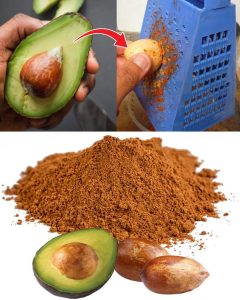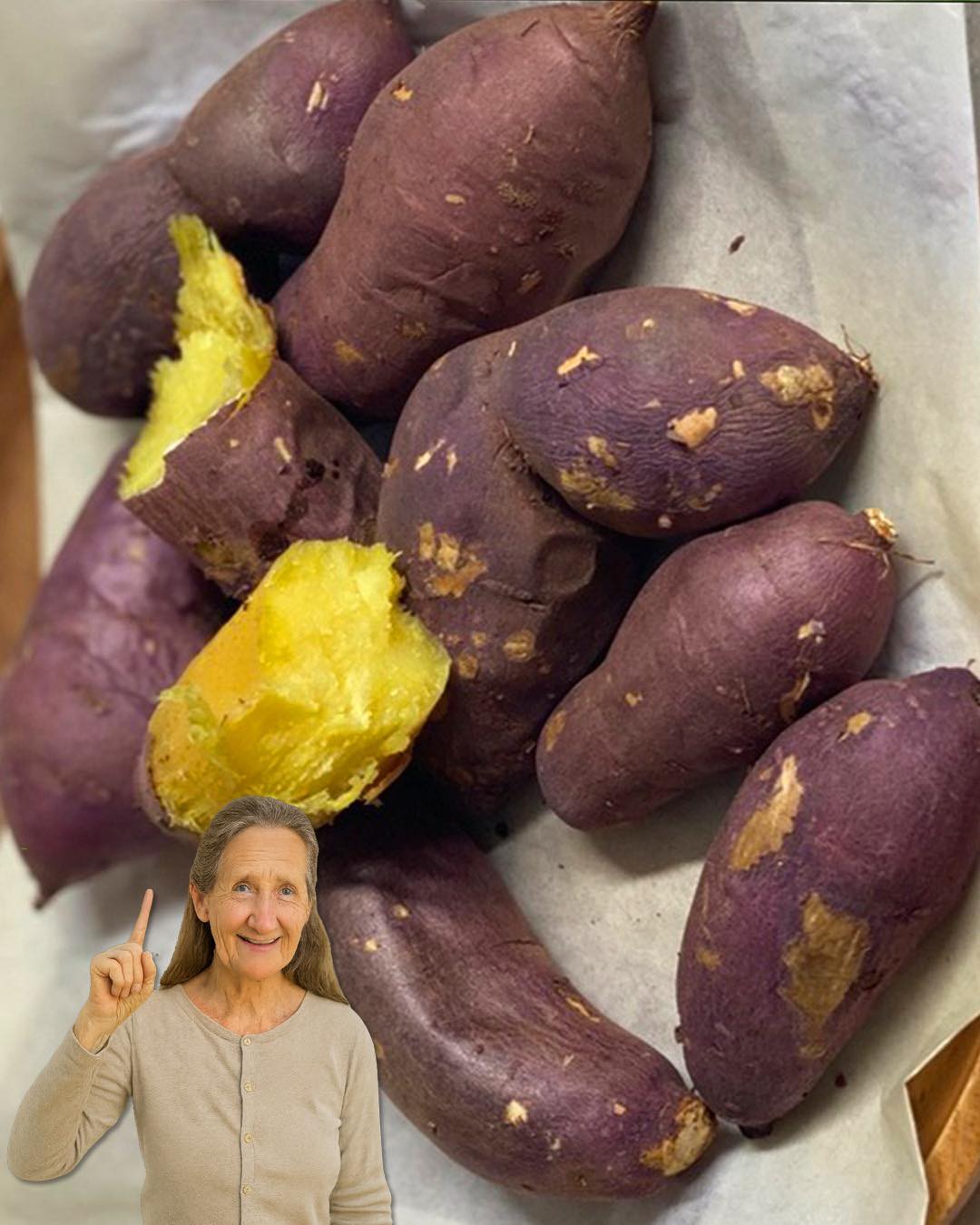
Don’t Throw Away Avocado Pits: Here’s Why
When you cut open an avocado, the creamy green flesh gets all the attention. But did you know the pit—the…

Sweet potatoes are often praised as one of the healthiest foods you can add to your diet. Rich in fiber, vitamins, and antioxidants, they’re a staple in many cultures and cuisines. But before you load up your plate with this colorful root vegetable, there are a few things you should know.

Here are 8 important facts about sweet potatoes that might surprise you:
Sweet potatoes are an excellent source of vitamin A (in the form of beta-carotene), vitamin C, potassium, and fiber. Just one medium sweet potato can provide more than 400% of your daily vitamin A needs, supporting your vision and immune system.
There are many varieties—orange, purple, and even white sweet potatoes. Each type has a slightly different nutrient profile. For example, purple sweet potatoes contain powerful antioxidants called anthocyanins, while orange varieties are richest in beta-carotene.
Although sweet potatoes are healthier than regular white potatoes, they still contain carbohydrates that raise blood sugar. People with diabetes or insulin resistance should monitor their intake and pair them with protein or healthy fats to avoid spikes.
Many people peel their sweet potatoes, but the skin is loaded with fiber, antioxidants, and other nutrients. Leaving the skin on (after washing thoroughly) is one of the best ways to maximize the health benefits.
Sweet potatoes are high in fiber, which is usually a good thing. But for people with sensitive stomachs or irritable bowel syndrome (IBS), too much fiber can lead to bloating, gas, or discomfort. Moderation is key.
Never store raw sweet potatoes in the fridge. The cold temperature alters their structure and can affect taste. Worse, when stored improperly or left too long, sweet potatoes can develop harmful compounds. If they start to look shriveled, moldy, or have a strange smell, don’t eat them.
Sweet potatoes are often considered a “diet food,” but portion size still matters. They’re nutrient-dense, but they also contain natural sugars and calories. Eating them fried, covered in marshmallows, or drenched in butter won’t help with weight management.
How you prepare sweet potatoes changes their health impact. Boiling helps retain antioxidants better than baking or frying. Frying adds unhealthy fats, while baking concentrates natural sugars, making them taste sweeter but slightly higher on the glycemic index.
Sweet potatoes are undeniably healthy, but they’re not perfect for every situation. Knowing how they affect your body—and how to prepare them—will help you enjoy their benefits without the drawbacks.
So the next time you add sweet potatoes to your meal, remember: they can be a powerful superfood, but only if you eat them the right way.

When you cut open an avocado, the creamy green flesh gets all the attention. But did you know the pit—the…

Ingredients: 2–3 oz chocolate fudge syrup Ice 4 oz full-fat whole chocolate milk 1 1/2 oz dark rum 1/2 oz…

Delicious and creamy treats that are perfect for any occasion! Ingredients: – 1 1/2…

A creamy, cheesy seafood filling packed with shrimp and crab, baked to perfection…

Ingredients: Salted butter Chicken breast or thighs (1 lb) 1 teaspoon onion powder…

Ingredients: 1 lb shrimp, peeled and deveined 2 tablespoons olive oil 4 cloves garlic,…

Witnessing two people in love starting their life together and saying ‘I do’ is always a delight. As expected, when…

Let me give you a piece of advice; never mess with the elderly people. They have been on this planet…

A man named Jason has been working as a pilot for many years. During the course of his career, he’s…

Albinism is a rare inherited life-long condition that occurs worldwide across all races and ethnic backgrounds. It results in decreased production…

The biker stared at the cop’s nameplate while she cuffed him—it was his daughter’s name. Officer Sarah Chen had pulled…

Hidden in tropical regions of the world, often growing wild by the roadside or in gardens, lies a small but…